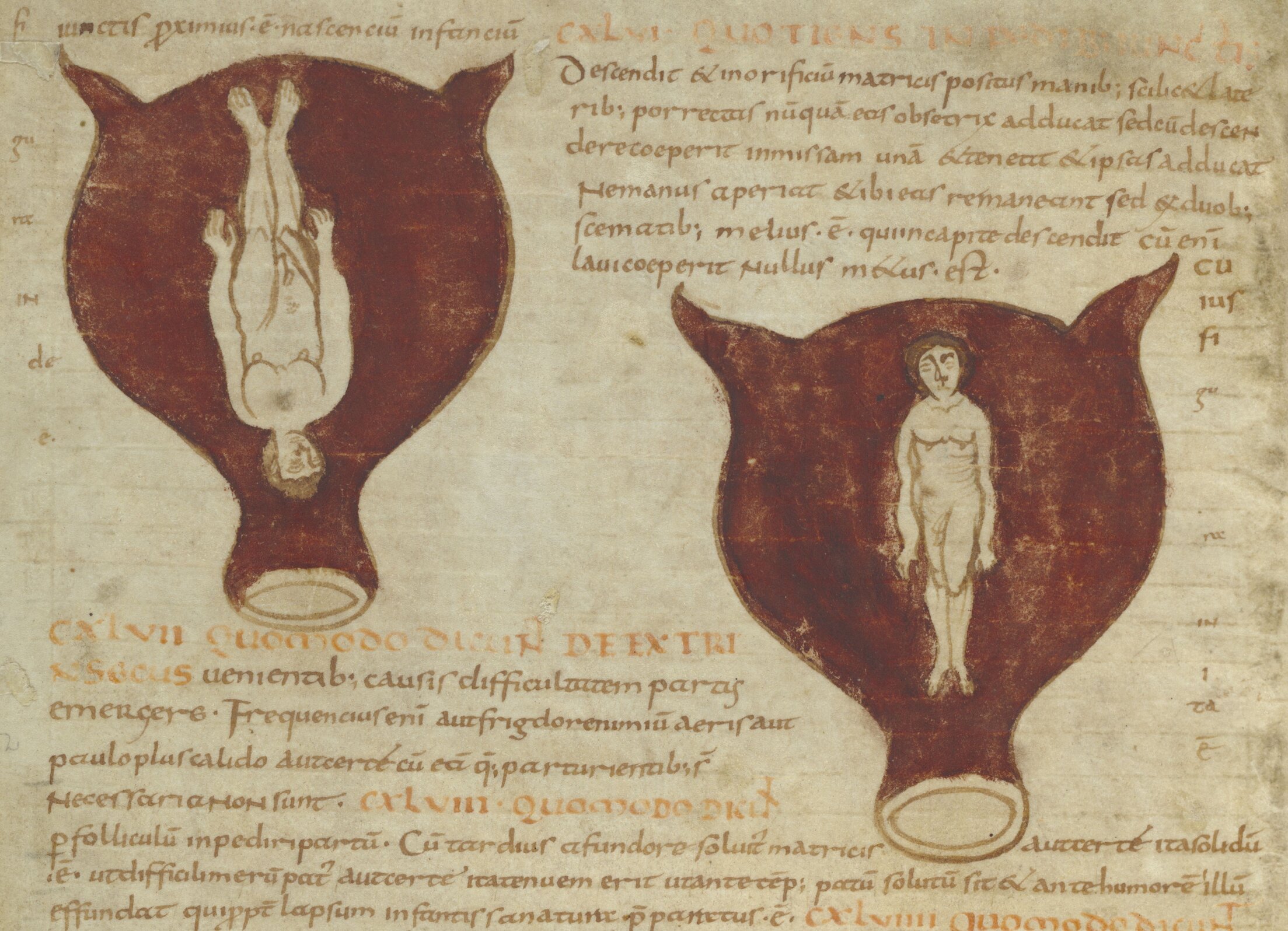
"The laws of 14th-century Valais granted the unborn child a surprisingly complex legal identity. Blending Roman inheritance principles with Christian doctrine, these statutes reveal how medieval thinkers grappled with defining life, personhood, and rights before birth. The status of the unborn child within Valais legal traditions presents a notable field of study, distinguished by its originality yet understudied nature. A proper understanding requires situating these norms within two principal influences-the enduring legacy of Roman law and the doctrinal impact of Christianity."
"Already under the Law of the Twelve Tables (c. 450 BCE), the unborn child was admitted to succession rights if born alive, a principle articulated by the jurist Ulpian (c. 170-223 CE): si fuerit editus ("provided it is born") (Digest 38.16.3.9, Ulpian). Paul (c. 160-230 CE) extended this principle, insisting that the unborn child must be treated ac si in rebus humanis esset-"as if it were a human being"-whenever its interest was concerned (Digest 1.5.7; 50.16.23.1 Paul)."
"Roman law carefully defined "birth" with remarkable nuance. A mere moment of life-such as a cry after delivery-was sufficient for legal recognition, while stillborn infants were considered never to have existed (Code 6.29.2 [Diocletian]; Digest 50.16.129 [Paul]). Interestingly, the full physical integrity of the infant was not required, provided it exhibited some sign of life ( non integrum animal [...] cum spiritu tamen) (Digest 28.2.12.1, Ulpian)."
The Valais statutes of the fourteenth century granted the unborn child a complex legal identity that combined inheritance rules with doctrinal considerations. Roman law contributed principles such as the infans conceptus, succession contingent on live birth, and appointment of a curator ventris to protect fetal interests. Roman jurists accepted brief signs of life as sufficient for legal recognition and deemed stillborn infants as never having existed. Christian doctrine shaped concepts of personhood and moral status before birth, reinforcing and reframing Roman categories. The Valais approach represents an original legal synthesis that requires comparative study within broader medieval and canonical legal frameworks.
Read at Medievalists.net
Unable to calculate read time
Collection
[
|
...
]